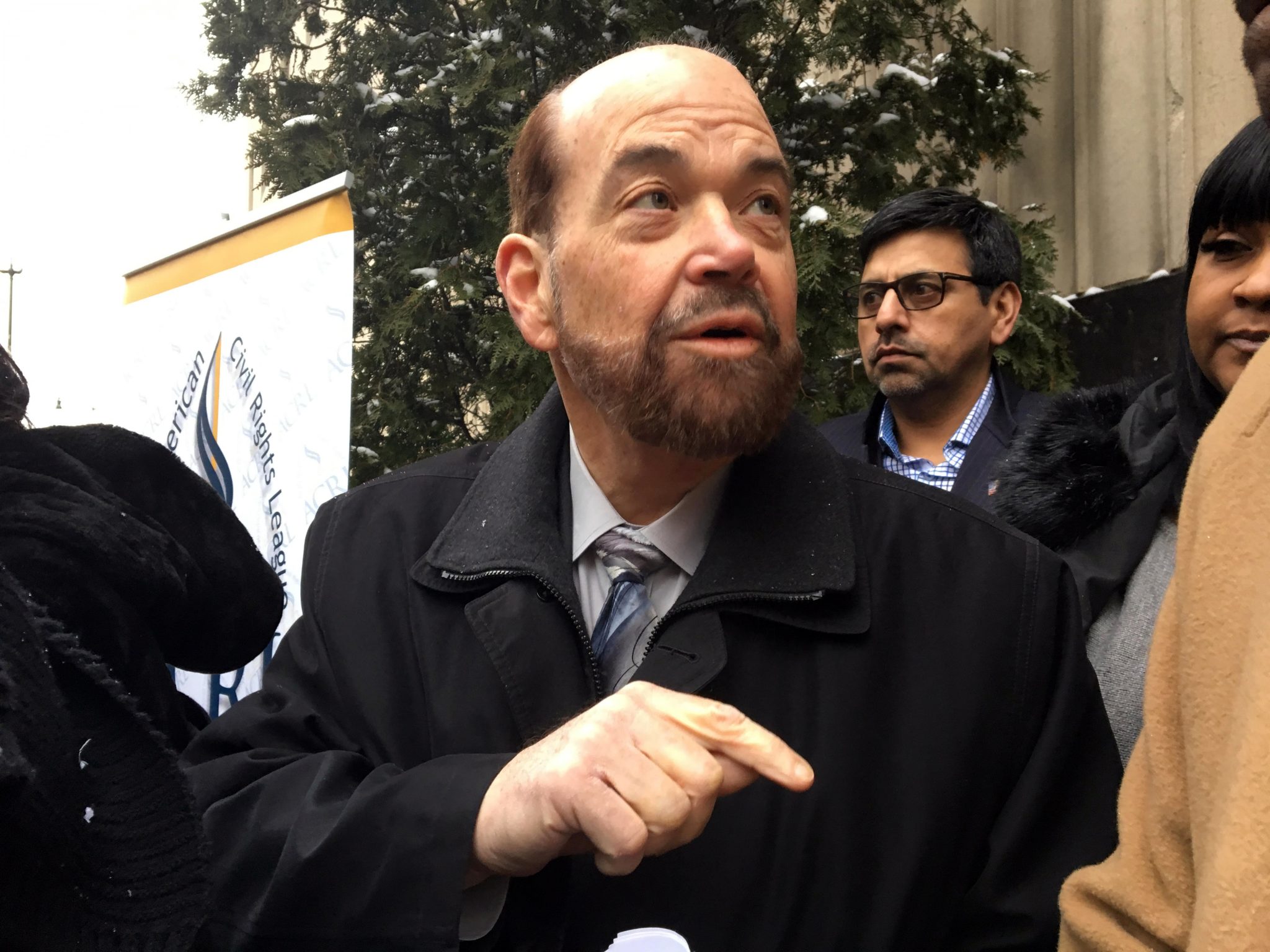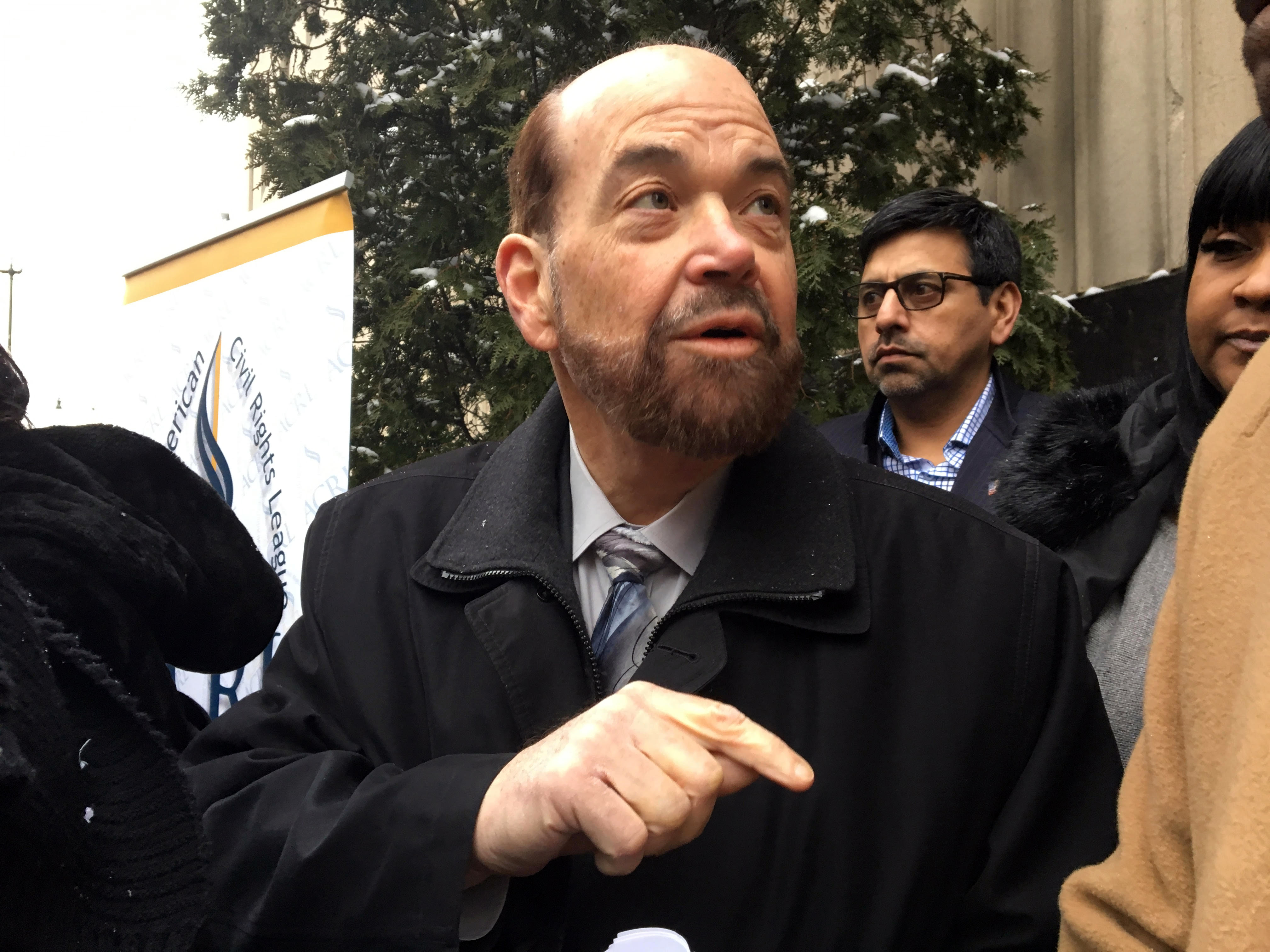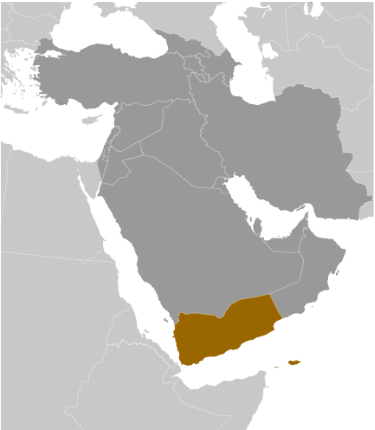Immigration Order Causing Confusion in Metro Detroit Community
Dearborn Mayor says residents, city officials unsure of how Trump’s order will be enacted.

The effect of President Trump’s executive order on immigration was felt immediately by Dearborn residents, but its long-term effects are still being determined, says Dearborn Mayor John O’Reilly.
After the action was issued Friday, travelers from seven countries — Iran, Iraq, Libya, Somalia, Sudan, Syria and Yemen — were barred from entry to the United States for 90 days. Dearborn residents come from or have family from many of those countries, O’Reilly says.
The order also halts refugee admissions for 120 days while a review of the process takes place.
Part of that review, according to the order, includes “state and local jurisdictions” having a role in determining “the placement or settlement” of refugees in their communities including creating policy to “lawfully promote such involvement.”
O’Reilly says the order also creates unfunded mandates for state and local government. “They’re some broad assertions made in that,” he says. “We need to understand what the intent is.”

Click on the link above to hear the full conversation. Here’s the transcript:
Sandra Svoboda: What’s changed in Dearborn since President Trump’s executive order on immigration?
John O’Reilly: There’s a great deal more anxiety and fear because of the fact that it’s unknown as to what the reach of this proposal is.
SS: As far as the population of Dearborn, how many residents do you have from countries that are named in the immigration ban?

JO: The Yemeni population is the largest of the seven entities. They’ve been here quite a while over a series. There’s been civil war there on a number of occasions, and we’ve seen waves of immigrants coming in, which is also the way that traditionally the largest population came to us, was again when there was chaos going on overseas in their own homeland.

SS: What effect has the executive order had on the city of Dearborn?
JO: First of all, because of the immediacy of it, we had a lot of families that were put at risk because some could travel, some couldn’t. People didn’t know if friends or relatives were going to be able to follow through on travel. That’s been a big issue, and it’s still not sorted out.
SS: What about for the city government itself. Has it changed anything in how you’re operating at City Hall?
JO: No, except that we’re trying to make sure that we’re anticipating what sort of support we need to offer. I think the shooting in Canada, the timing of that certainly caused some consternation of what else might happen. We’re trying to keep everybody calm and reassured that we’re working on, that we’re doing everything we can to keep everybody safe.
SS: Dearborn is also home to several Arab-American groups, Muslim-American groups, civil rights suit, which filed a lawsuit this week fighting the executive order. You appeared at that news conference, what kind of support are you offering?
JO: What we’re saying is we’re with them. They’re some vague terms made (in the executive order). They’re some broad assertions made in that. We need to understand what the intent is. Dearborn, as most municipalities, has had no role in enforcing those policies. That was not something we do. Some states, some local governments did in fact have contracts with the federal government to participate. I think there’s a lot of ambiguity here, and we’re trying to sort it out and understand what’s being expected or what’s going to be imposed.
SS: You mentioned ambiguity. Is that something you continue to fight as the mayor of a city in the United States with one of the largest Middle Eastern populations?
JO: Because we have such a long tenure with these population, going back as much as 100 years. We know them in a very different context that most people either know or perceive these populations and so they’re part of the fabric of who we are in our community.
SS: Have you heard from residents who support the executive order?
JO: Yeah, support the executive order. There are some who say, ‘Yeah, we need to be sure we are doing the things to keep us safe.’ But there’s no evidence that there was any lack of safety or there was anything certainly within our community, I even say in the broader metropolitan area, there was no evidence that we had any big issues or any crisis here. I think that’s the part that is really concerning. This is a very broad scope of taking action, and we don’t know what they’re trying to resolve in terms of what we know about our local community.

